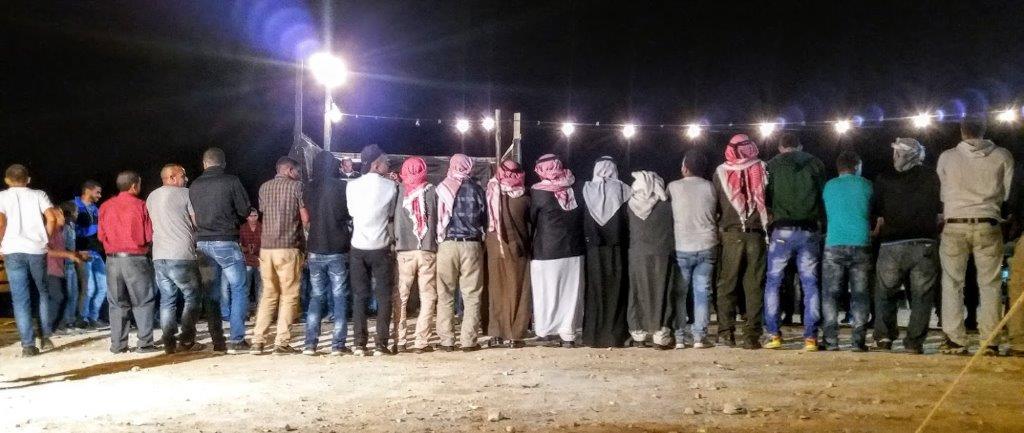
Spoken and Unspoken Communication
There are great cultural variations between the Dutch and the Bedouins on written, spoken and nonverbal communication. In Dutch culture, communication is open and direct; it is commonplace to tell the person exactly what you think. Dutch people tend to say “yes” or “no” on questions that could be responded to with such an answer. Since “honesty” is also valued highly in Dutch culture, Dutch people tend to express their honest thoughts in a direct way also in situations in which in other cultures this would be perceived as rude. They will say if they appreciate something, but also if they dislike things. This is sometimes done in a harsh manner, which brought about the expression of “Dutch uncle, a person who issues frank, harsh, and severe comments and criticism to educate, encourage, or admonish someone” (Dutch uncle, 2011). I, like many Westerners, will also expect to receive verbal feedback in interactions, and be told in words whether my presence or something I did is appreciated.
Bashar and many Bedouins have a tendency for indirect communication. They tend to be expressive and pleasantly warm in their communications. However, they may be vague in their response to a seemingly straightforward question, and offer a long and tangential response. They also will leave many things unsaid, in order to keep social harmony. Especially, they will evade unpleasant answers; thus, they will not say “no” since this is neither polite, nor respectful, and may choose to say what you would like to hear. For example, when I left my car in the garage and would call later to ask if it was fixed, I either would get no answer on the phone or would be told that it is ready. Time after time, I found out on arrival at the garage that it was not yet repaired. I regularly had to wait for hours or was told to come back the next day; often forgetting that in Bedouin terms “tomorrow” means some point in the future.








